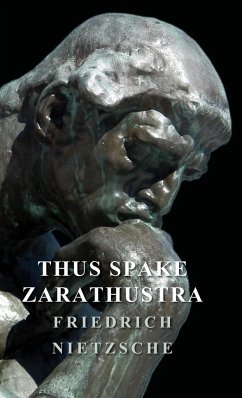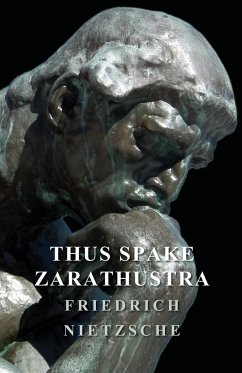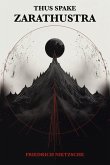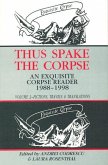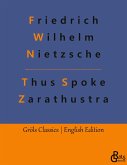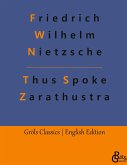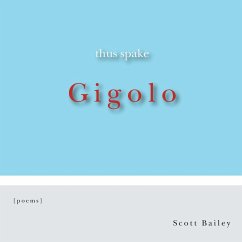This vintage book contains Friedrich Nietzsche's seminal work; "Thus Spake Zarathustra". Composed between 1883 and 1885, it is a four-part exploration of some of his ideas, including the "eternal recurrence of the same", the parable on the "death of God", and the "prophecy" of the Übermensch. This volume is highly recommended for students of philosophy, and would make for a worthy addition to any bookshelf. Friedrich Wilhelm Nietzsche (1844 - 1900) was a German philosopher, poet, composer, and scholar. He wrote numerous critical essays on morality, culture, philosophy, science, and religion - radically questioning the value and objectivity of truth. Many antiquarian texts such as this, particularly those dating back to the 1900s and before, are increasingly hard to come by and expensive. It is with this in mind that we are republishing this book now in an affordable, modern, high quality edition. It comes complete with a specially commissioned new biography of the author.
Hinweis: Dieser Artikel kann nur an eine deutsche Lieferadresse ausgeliefert werden.
Hinweis: Dieser Artikel kann nur an eine deutsche Lieferadresse ausgeliefert werden.

